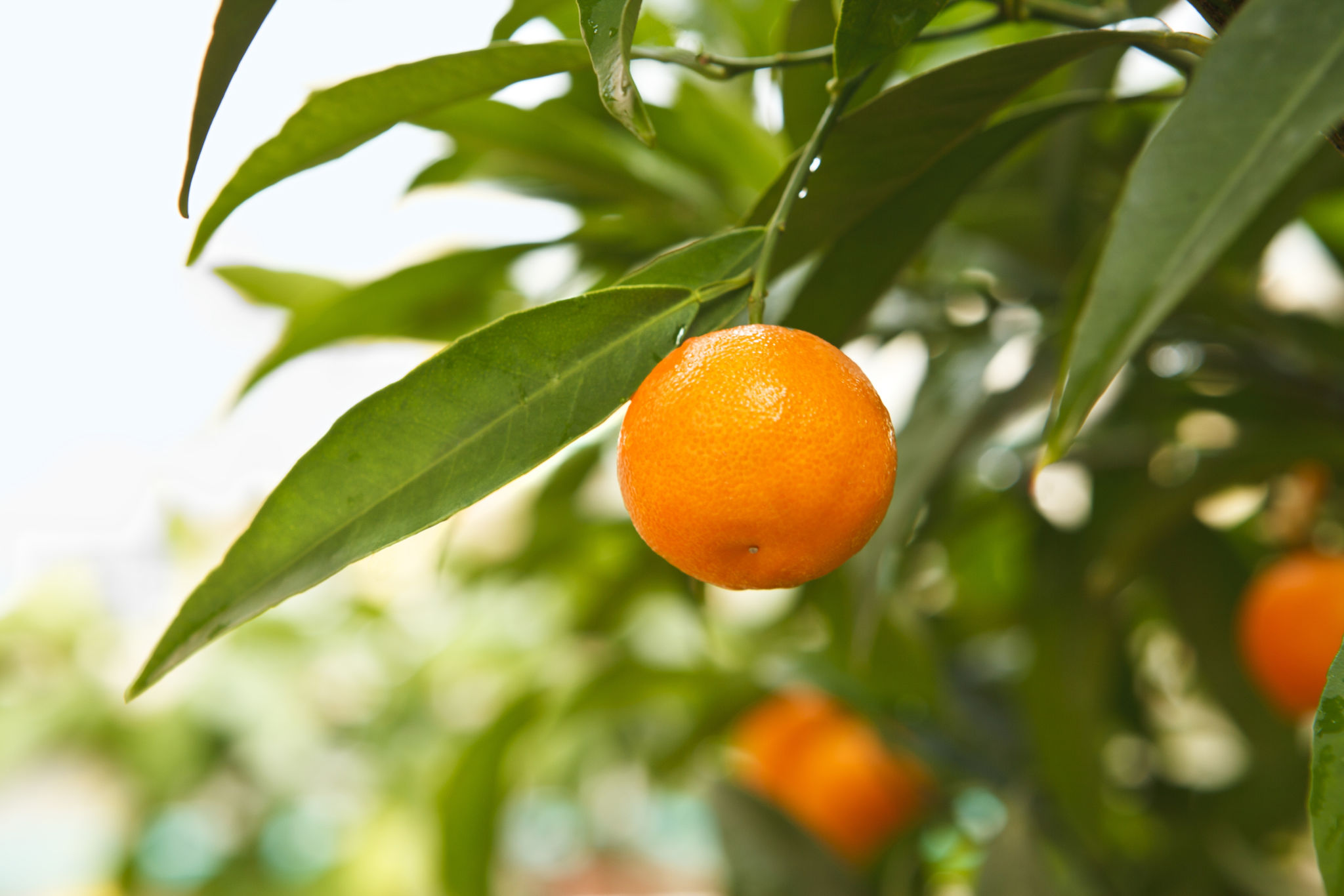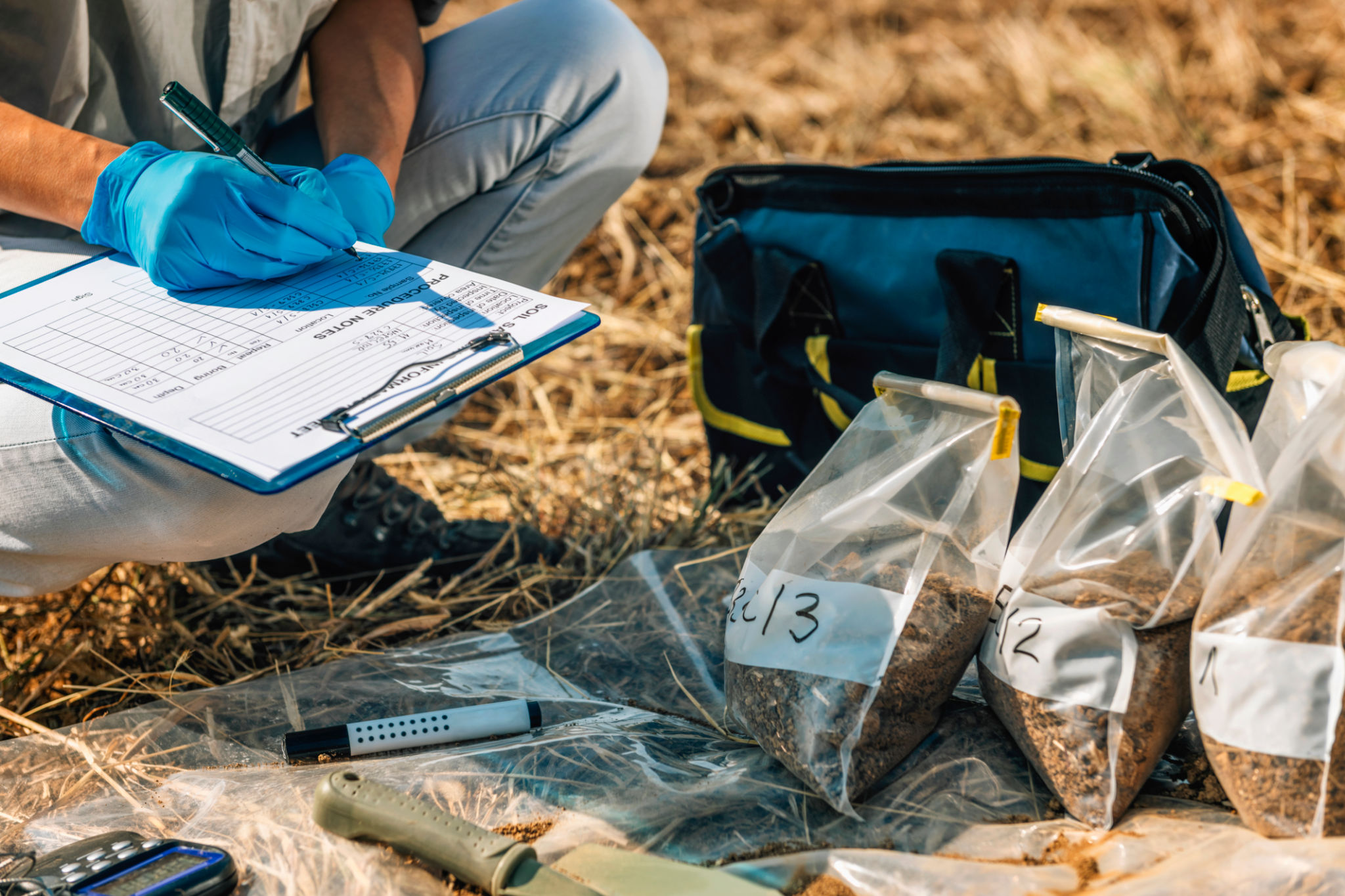How to Prepare Your Farm for Seasonal Changes in Florida
Understanding Florida's Unique Climate
Florida's climate is distinct, with its warm temperatures and high humidity levels. This can be a boon for certain crops but also presents challenges when preparing for seasonal changes. Understanding the seasonal patterns, such as the dry winter and wet summer months, is crucial for effective farm management.

The state experiences two main seasons: the hurricane season from June to November and the dry season from December to May. Preparing your farm for these seasonal changes requires proactive planning and strategic adjustments to ensure crop health and farm productivity.
Preparing for the Wet Season
During Florida's wet season, farms often face challenges like waterlogging and plant diseases due to excess moisture. It's essential to have an effective drainage system in place. Consider installing or maintaining ditches and culverts to facilitate water runoff and prevent flooding.
Additionally, selecting crops that are tolerant to excessive moisture can mitigate losses. Crops like rice and certain varieties of citrus may thrive during this period. Ensure that your soil is well-aerated to support healthy root systems despite the high water levels.
Protecting Against Pests and Diseases
With increased humidity, the likelihood of pests and diseases also rises. Regular monitoring and the use of organic pesticides can help manage these threats. Implementing crop rotation strategies can also reduce the risk of disease buildup in the soil.

Preparing for the Dry Season
During the dry season, irrigation becomes a critical factor for maintaining crop health. It's important to assess your current irrigation systems and make necessary upgrades or repairs before the dry months begin. Drip irrigation is a highly efficient method that conserves water while ensuring your plants receive adequate moisture.
Consider mulching around your crops to retain soil moisture and reduce evaporation. Mulching not only helps with water retention but also suppresses weed growth, providing further benefits to your farm during dry periods.
Soil Health and Fertility
The transition between seasons is an ideal time to test and amend your soil's nutrient levels. Conduct a soil test to determine its pH and nutrient content. Based on the results, apply necessary fertilizers and organic matter to enhance soil fertility, ensuring robust plant growth throughout the year.

Managing Livestock During Seasonal Changes
If you have livestock, seasonal changes require adjustments in their care as well. During wet seasons, ensure that shelters are robust to withstand heavy rains and potential flooding. Provide extra bedding to keep animals dry and comfortable.
In the dry season, ensure that there is an adequate supply of water and shade for your livestock. Consider planting forage crops that can withstand dry conditions, providing a consistent food source even when pastures are stressed.
Monitoring Weather Patterns
Staying informed about weather forecasts is vital for anticipating and preparing for extreme weather events. Utilize weather apps and local advisory services to get real-time updates. This information will help you make timely decisions to protect both crops and livestock from unexpected weather changes.
By taking these proactive steps, you can ensure that your farm in Florida remains productive and resilient no matter what the season brings. Preparing for seasonal changes not only protects your current assets but also lays the groundwork for future success.